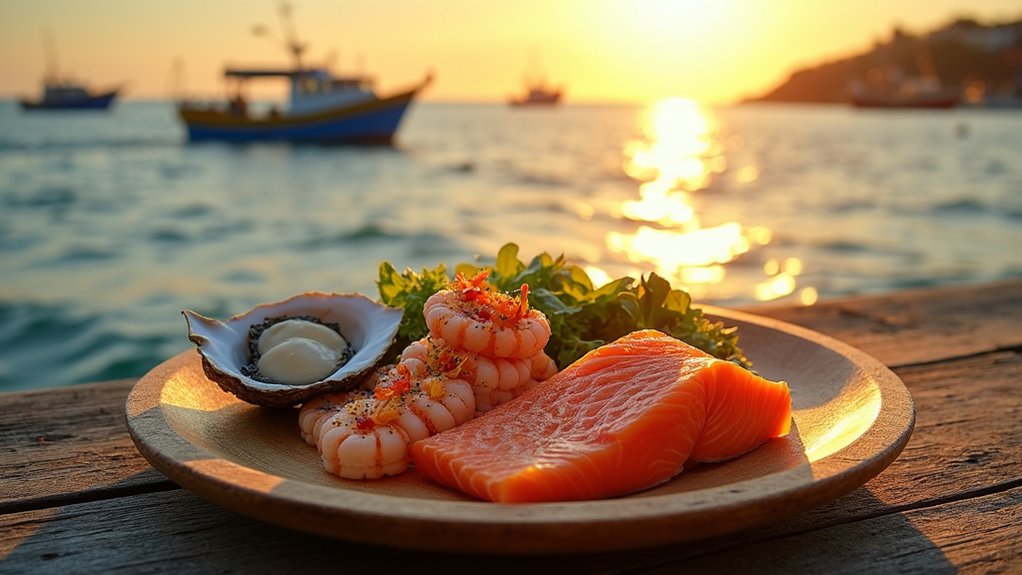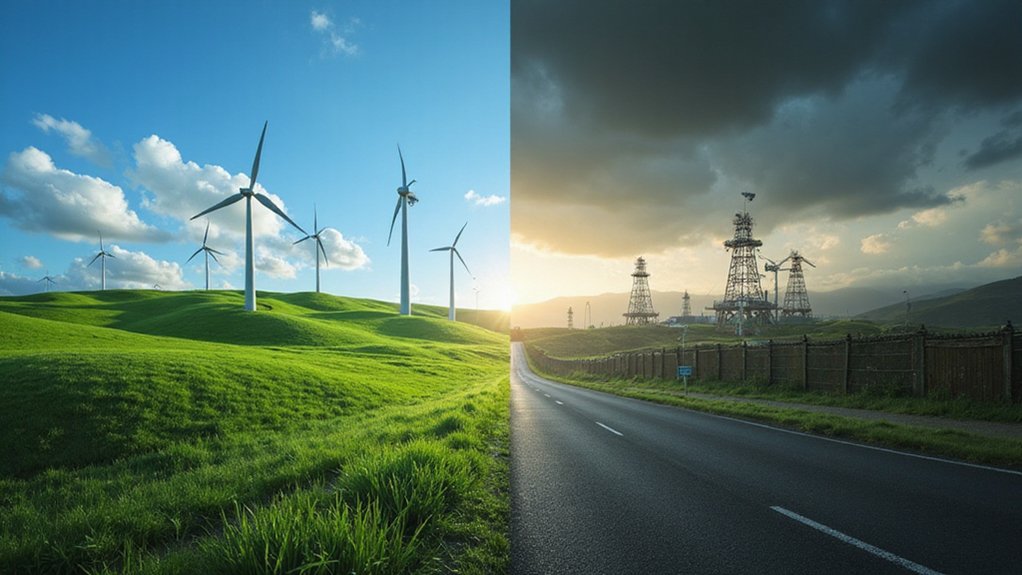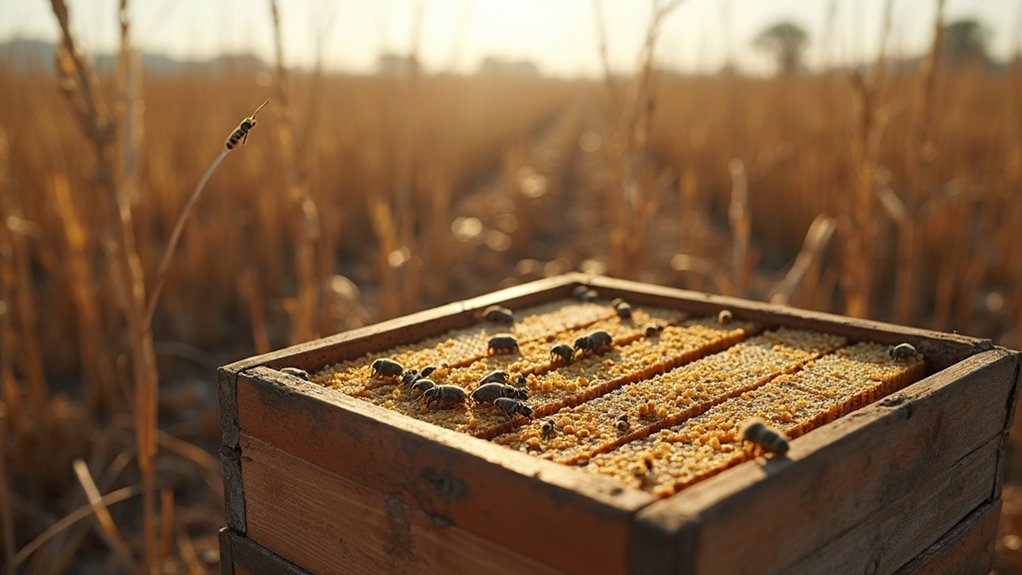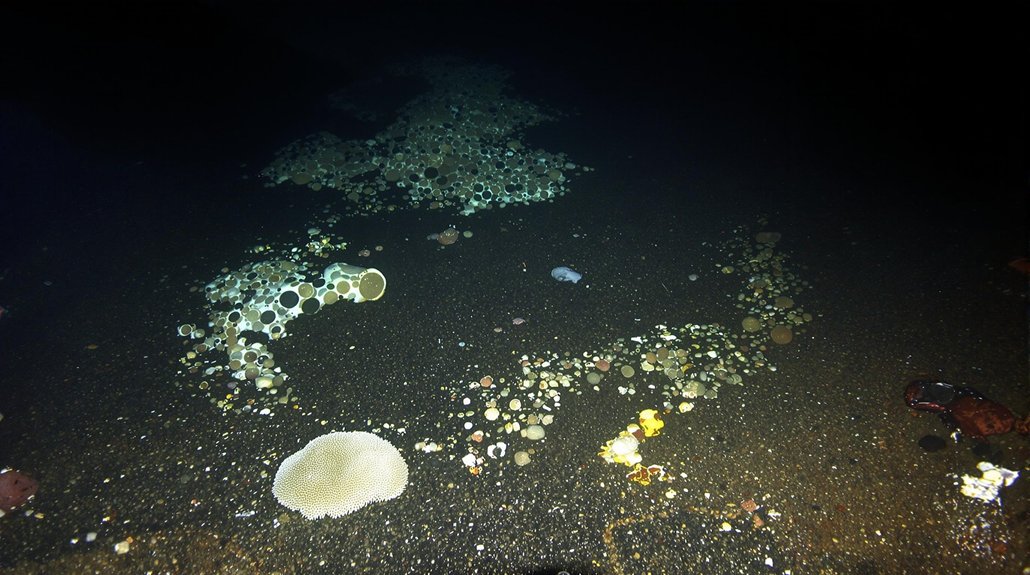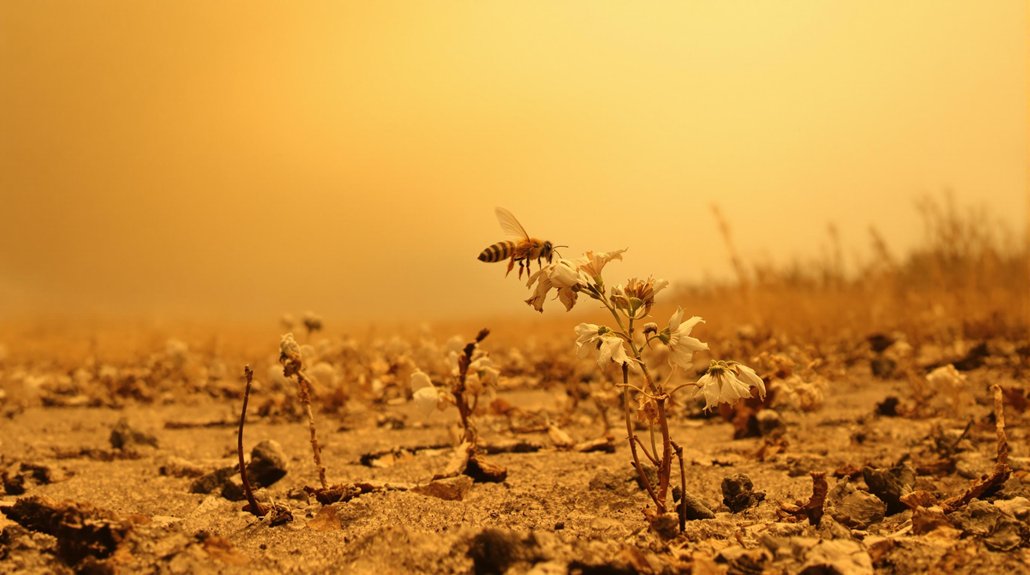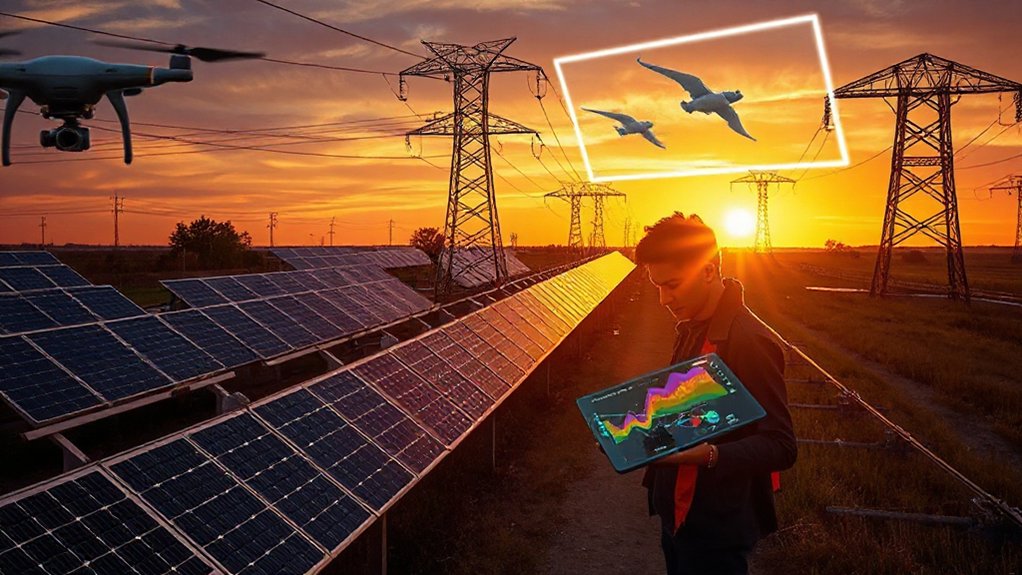Sustainable seafood certifications offer consumers clear guidance at the supermarket. The Marine Stewardship Council‘s blue label identifies wild-caught fish from healthy populations, while the Aquaculture Stewardship Council certifies responsibly farmed options. Regional guides like Monterey Bay Aquarium Seafood Watch provide location-specific recommendations that consider local environmental concerns. Today’s certifications also evaluate social responsibility and labor practices. These ocean-friendly choices protect marine ecosystems while supporting ethical production standards for generations to come.
As consumers become more aware of ocean health issues, sustainable seafood certifications are helping shoppers make better choices at the market. Programs like the Marine Stewardship Council (MSC) for wild-caught fish and the Aquaculture Stewardship Council (ASC) for farmed seafood offer clear guidance through their certification labels. These programs help people identify which seafood products come from responsibly managed sources.
The MSC uses a rigorous third-party certification process to evaluate fisheries. Their blue fish label appears only on products that meet strict environmental standards. When shoppers see this label, they can be confident the seafood comes from healthy fish populations and was caught with minimal impact on the marine ecosystem. The certification also guarantees traceability from ocean to plate. With over 1,750 products certified by MSC available in the US and Canada, sustainable seafood is more accessible than ever before.
For farmed seafood, certifications like ASC and Best Aquaculture Practices (BAP) address different environmental concerns than wild-caught programs. These certifications check that fish farms limit pollution, disease, and the use of chemicals that might harm surrounding waters. GLOBAL G.A.P. offers another recognized standard for responsibly farmed seafood.
Regional seafood guides complement these certification programs by providing location-specific recommendations. These guides address local environmental concerns and help consumers understand which seafood options available in their area are sustainable choices. Many find these guides easier to use than learning about various certification schemes. Organizations like Monterey Bay Aquarium Seafood Watch provide recommended certified options for both businesses and consumers seeking sustainable seafood.
Today’s seafood certifications are expanding beyond environmental concerns to include social responsibility. Programs now look at labor practices and community impacts to guarantee seafood isn’t just environmentally sustainable but also ethically produced. This responds to growing consumer demand for products that support both ocean health and human welfare.
The Global Seafood Sustainability Initiative (GSSI) formally recognizes certification schemes that meet high standards. This recognition helps consumers trust that a certified product truly supports ocean health. By choosing seafood with trusted certifications, shoppers support responsible fishing practices and help guarantee fish populations remain healthy for future generations.
References
- https://www.seafoodwatch.org/recommendations/certified-seafood
- https://www.msc.org/en-us/what-you-can-do/choose-sustainable-seafood
- https://en.wikipedia.org/wiki/Sustainable_seafood_advisory_lists_and_certification
- https://fishchoice.com/certification-partners
- https://www.leafscore.com/grocery/most-important-eco-friendly-seafood-certifications/
